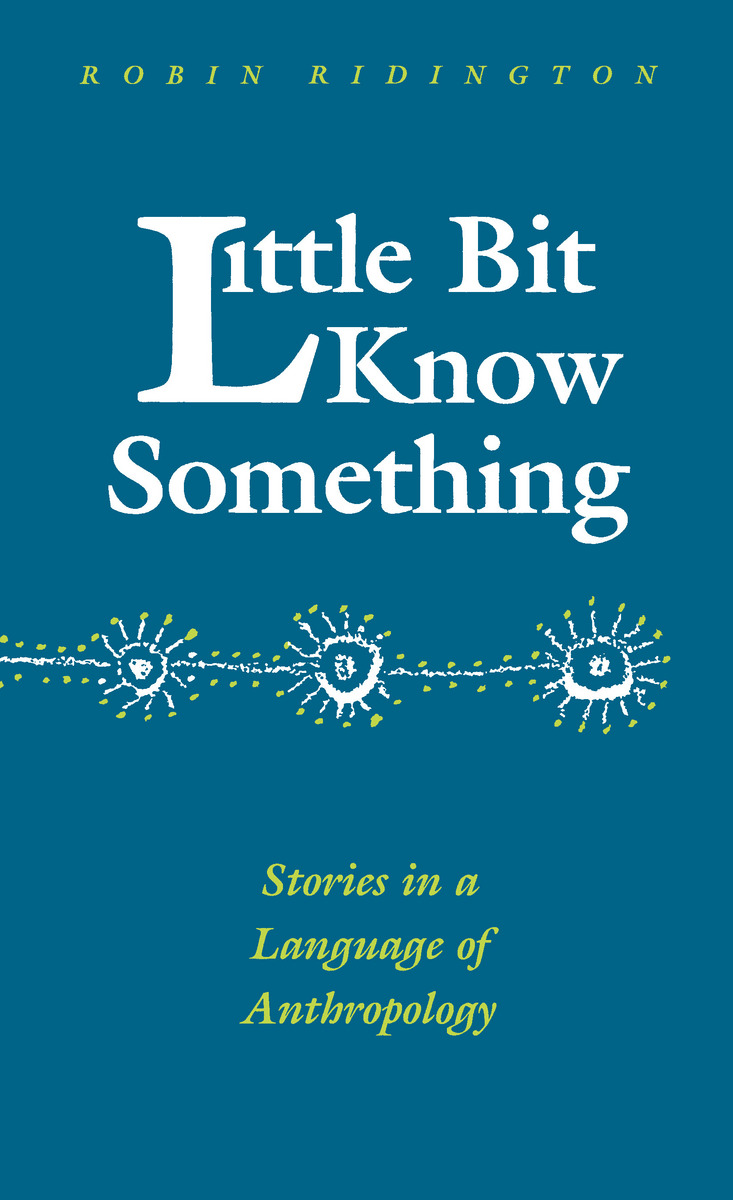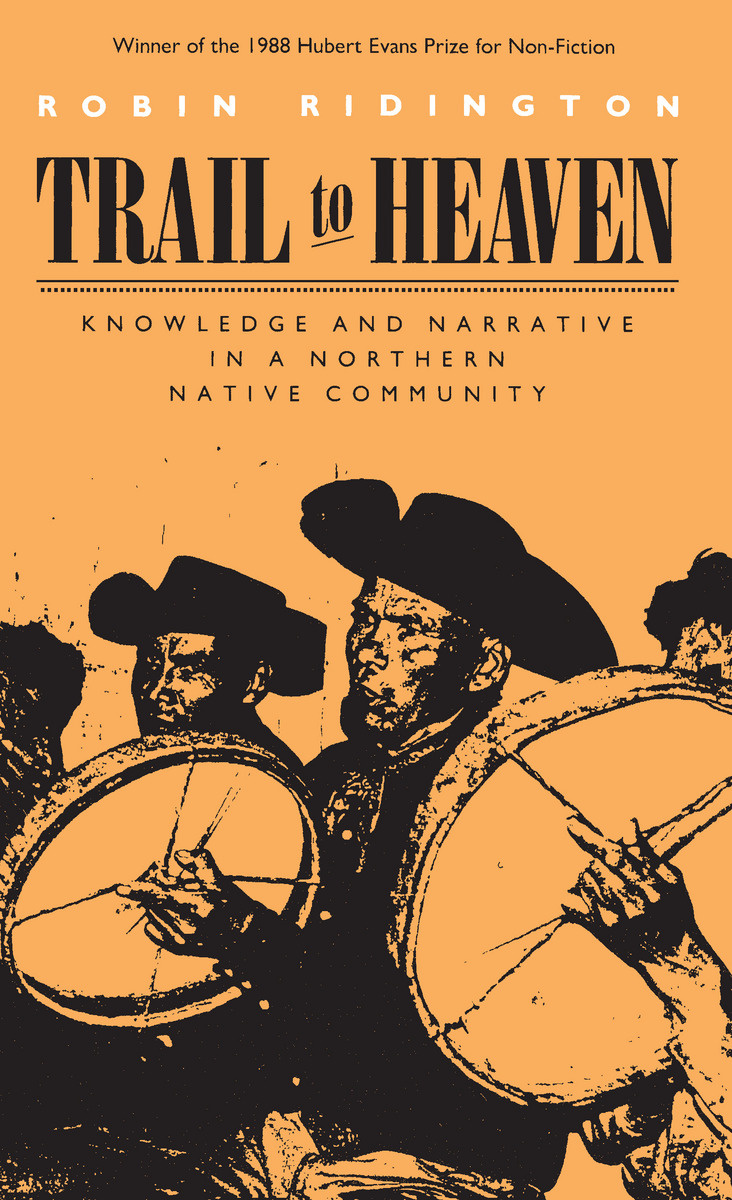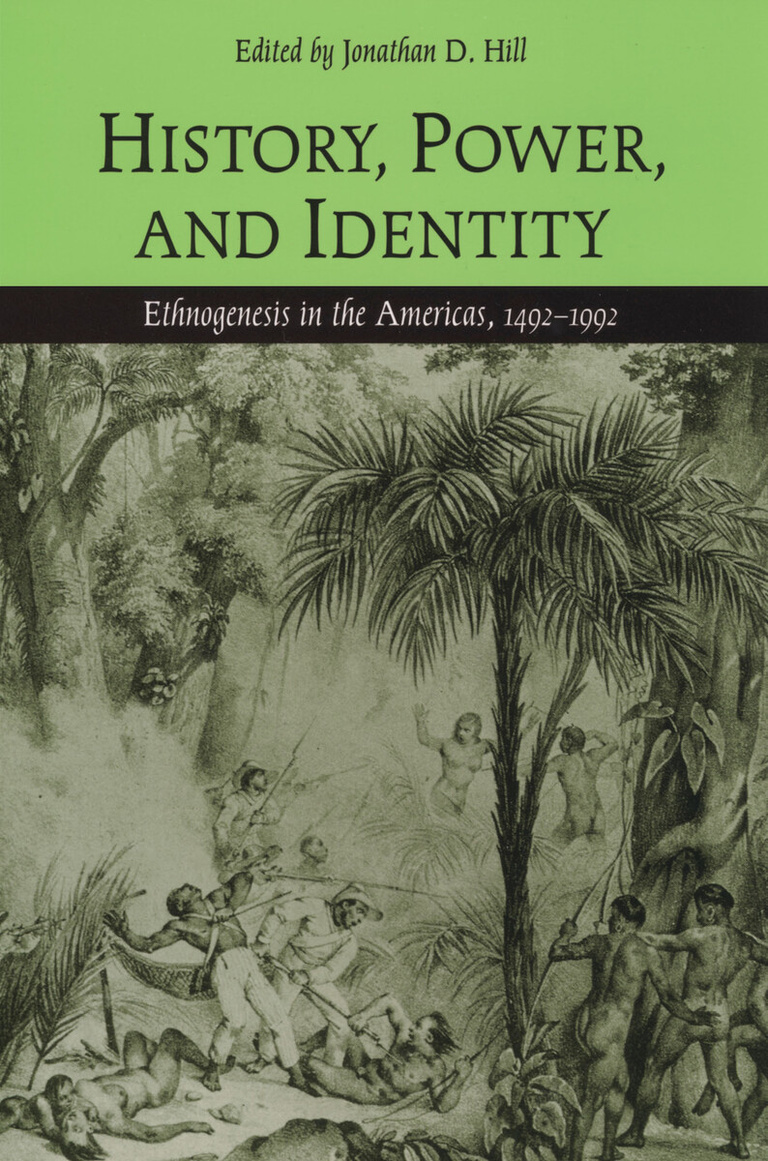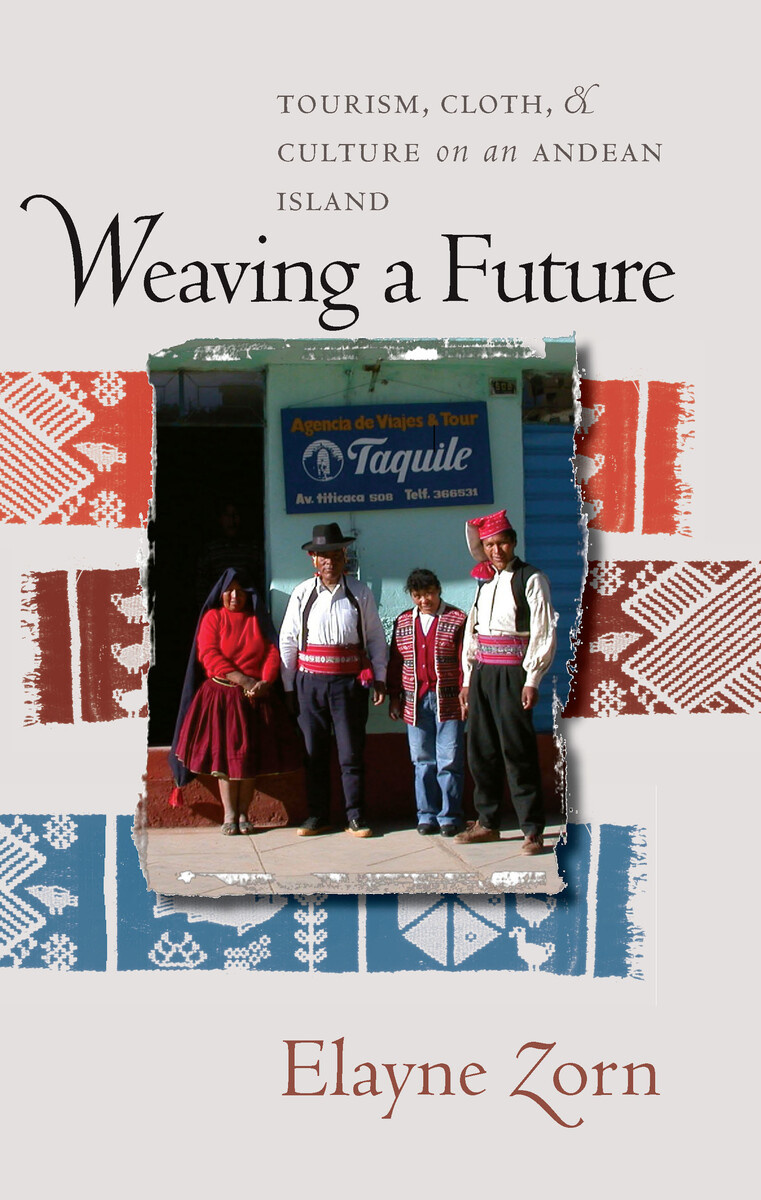The Dunne-za, the Beaver Indians of British Columbia, say that people who speak from the authority of their experience "little bit know something." This knowledge, which comes through direct experience, dreaming, and the searing transformation of the vision quest, empowers a person to live in this world with intelligence and understanding.
In this sensitive, insightful volume, drawn from over twenty-five years' experience with the Dunne-za Indians, Ridington advocates his unique language of anthology—and in so doing he communicates the themes of cultural and individual knowledge, visionary empowerment, shamanic transformation, and the dialogic basis of ethnographic authority within the evolving context of a humanistic cultural anthropology.
"In the experience of many native people, anthropologists come and go as fast as intellectual fads do among anthropologists themselves. Robin Ridington offers us exceptions to both these forms of expediency."—American Anthropologist
1. Stories in a Language
Fox and Chickadee
Telling Secrets: Stories of the Vision Quest
A True Story
Eye on the Wheel
2. The World of the Hunters
Beaver Indian Dreaming and Singing
From Hunt Chief to Prophet:
Beaver Indian Dreamer and Christianity
Technology, World View, and Adaptive
Strategy in a Northern Hunting Society
Knowledge, Power, and the Individual in Subarctic
Hunting Societies
3. The Politics of Experience
Sequence and Hierarchy in Cultural Experience:
Phases and the Moment of Transformation
The Medicine Fight: An instrument of Political Process
among the Beaver Indians
Wechuge and Windigo: A Comparison of Cannibal Belief
among Boreal Forest Athapaskans and Algonquins
4. The Problem of Discourse
Cultures in Conflict: The Problem of Discourse
When Poison Gas Come down Like Fog:
A Native Community's Response to Cultural Disaster
In Doig People's Ears: Portrait of a Changing Community
in Sound
Documenting the Normal, Perverting the Real: Contrasting
Images of Native American Experience



